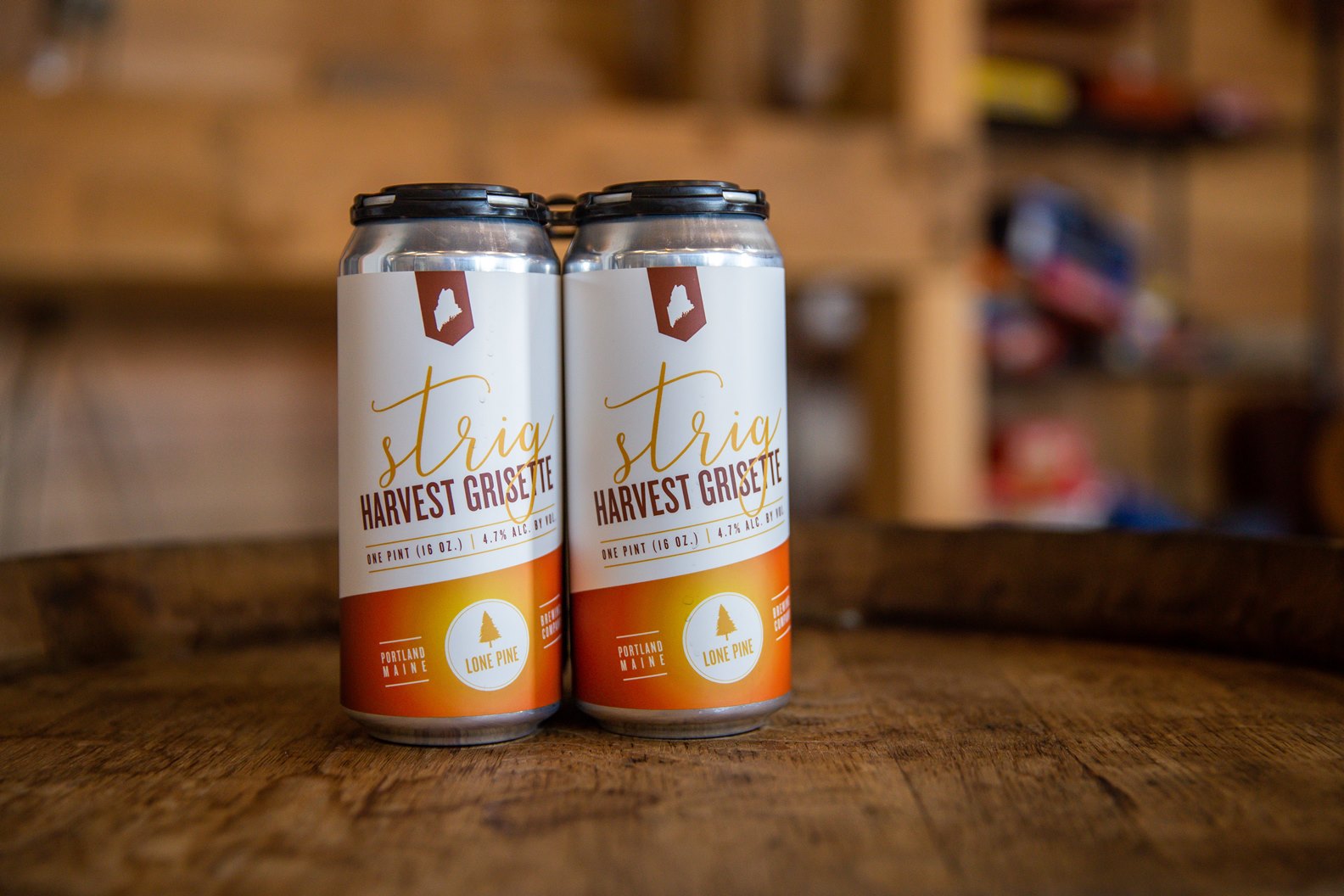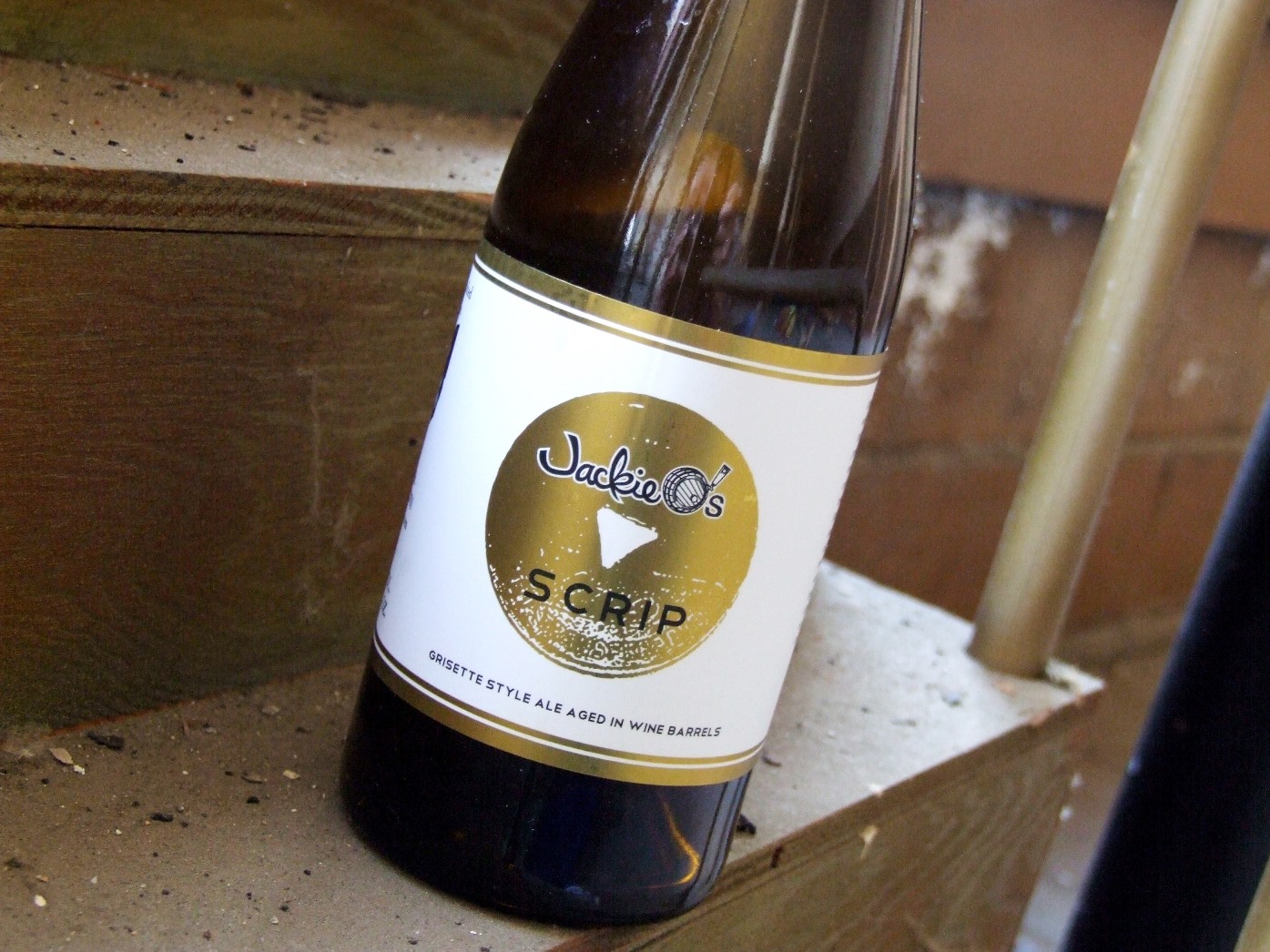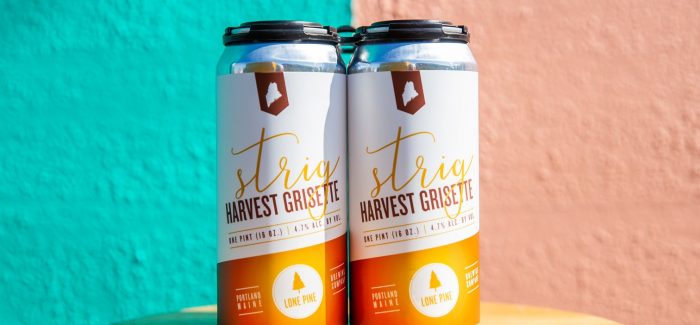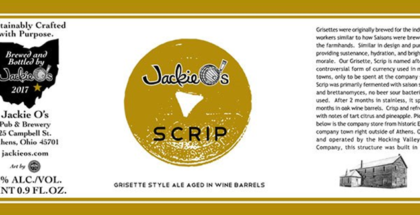Grisette | The Grey Lady of Belgian Beer
The name “grisette” has popped up on brewery taplists more and more in recent years, but the style is still poorly understood by many. What is this curious little beer, where did it come from, and why is it growing in popularity? Turns out none of those questions have easy answers.
The popular origin stories for many historical beer styles are often festooned with fanciful narrative elements of dubious veracity. Ask any dudebro at a bar about how IPA was created and be prepared for a tall tale involving colonialism and sea commerce. The true story is often a little more complicated if it can be uncovered at all, and grisette’s backstory is no exception.
History & Mystery
The common story of grisette holds that the beer served a similar role for Belgium’s 18th and 19th century mine workers as saison served for its farm workers. If you’ve paid attention to the debates around saison in recent years, you know even that hallowed tale doesn’t hold much water, despite the ongoing marketing ties between saison and farmhouse rusticity.
From what beer historians can tell, grisette developed in the late 18th century in the Hainaut region of Belgium, which was the center of the area’s mining industry. It stands to reason a fair number of miners were drinking grisette, though evidence to corroborate this is scant.
The name itself is a French word that literally means “little grey.” The word was used to refer to working class French women of previous centuries, based upon the cheap grey dresses they often wore. Some have surmised the beer took its name from these grey-frocked young women who served the beer to returning mine workers. Others have suggested the “grey” refers to the coal miners themselves who returned from their day’s work covered in rock dust. As with many details around this style, we don’t know the real answer.
Mining for Flavor
“There’s not a ton of info out there about the style and how these were brewed traditionally,” says Zach Page, Director of Brewing Operations at Lone Pine Brewing in Portland, Maine. His brewery is best known for juicy IPAs, but has brewed a seasonal grisette called Strig for several years. He sees grisette as something of a blank slate.
“Modern brewers are kind of reinventing the style in a lot of ways,” says Page. “Every brewery puts their twist on it.”

What historical evidence we do have shows these beers were often brewed with wheat or other adjuncts, and most modern brewers have maintained this tradition. Most grisettes end up reflecting “farmhouse ales” such as saison, but with a healthy addition of adjunct grains.
Grisettes are well-attenuated and often showcase moderately high hop expressions; they’re light, crisp, and refreshing. Expect low yeast esters compared to many Belgian styles, with moderately spicy yeast phenolics. While there are subtle differences, the sensory Venn diagram for grisette and petite saison is very nearly a circle.
“There are definitely a lot of blurred lines between them,” acknowledges Page.
The use of adjunct grains is the main way Lone Pine distinguishes grisette from saison. Malted wheat and flaked oats make up about 40% of the grain bill for Strig. Despite this, Lone Pine has recently moved to branding Strig as a farmhouse ale rather than exclusively a grisette.
We have reason to believe grisettes were fairly hoppy, and Lone Pine uses locally grown wet hops from The Hop Yard in Strig, changing the exact variety each year. The light body of grisette allows the subtle hop notes to stand out.
Some Say Sour
As with saison, some modern brewers have brewed sour or mixed-fermentation versions of grisette, though historical evidence suggests these beers would have been consumed very fresh, before souring microorganisms would have had time to acidify the beer. Still, funkier versions of grisette can be excellent.
Jackie O’s Brewery in Athens, Ohio, brews a wine barrel-aged grisette known as Scrip, which is partially fermented with brettanomyces claussenii. There is no souring bacteria in the beer, but the residual wine character from the barrel allows for a subtle acidity to come through the very dry and light-bodied beer.
“It helped dry the beer out and give the brett plenty of time to work through all the sugars,” says Brad Clark, former brewmaster at Jackie O’s, who helped develop Scrip. “A light touch of oak helps give the beer balance and depth while maintaining its very low ABV.”
The name “Scrip” refers to the controversial form of currency mining companies in the area once used for paying mine workers, and is the brewery’s way of tipping their hat to the popular mining backstory of the style.

At Home on the Table
Grisette’s light, dry body, low ABV, moderate bitterness, high effervescence, and subtle malt and yeast complexity make it a fantastic table beer. The style is able to bridge across a variety of food types, and its flexibility at the table is one of the reasons Lone Pine made Strig a fall seasonal.
“Hop harvest falls in the season with a lot of holidays and family get-togethers,” explains Page. “We figured, if this is supposed to be a table beer that’s quaffable and sessionable, what better time for it?”
While much of the history of grisette remains buried in the past, breweries like Lone Pine, Jackie O’s, Side Project, Sante Adairius, and many others are reinventing the style. Next time you see a grisette on a taplist, order a pint. You can think of it as saison’s kid cousin, quirky but lovable. Whether it originated with miners or not, grisette makes for a lovely light at the end of any work day’s dark tunnel.
-
For one of the most in depth discussions of Grisette, Dave Janssen of The Hors Catergorie blog has been doing quite a bit of research, which is what the Milk the Funk wiki references. http://www.horscategoriebrewing.com/2016/10/what-is-grisette-part-ii-updated-and.html








Comments